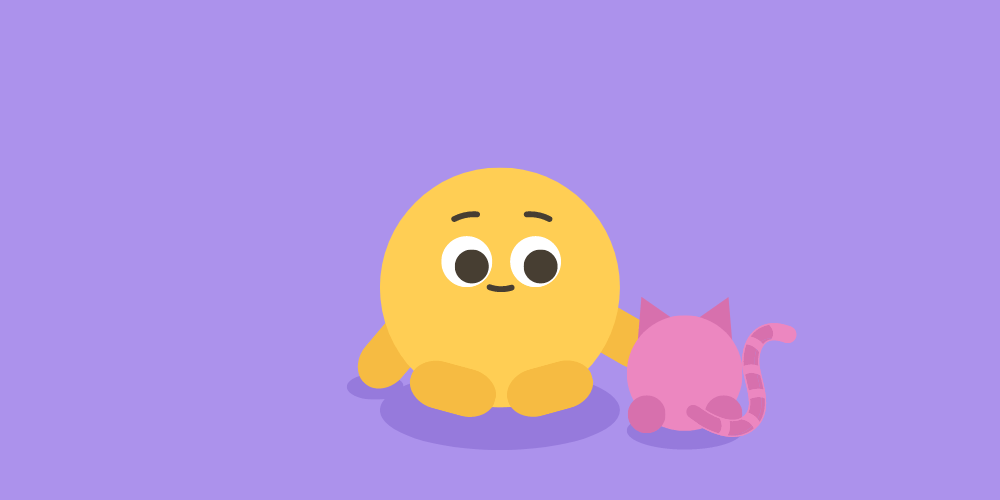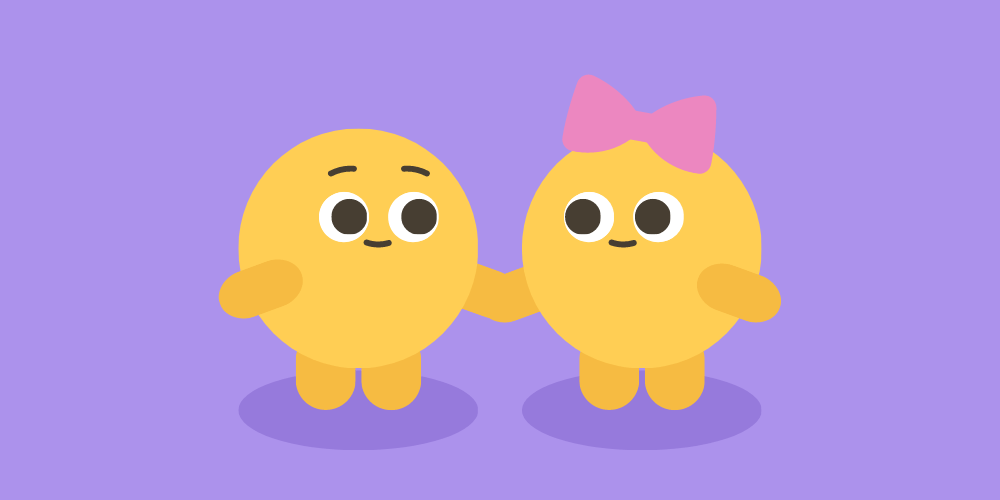
Another significant factor that contributes to longevity is human touch. Touch has been the most overlooked and the least researched among all human senses until recently. Scientific research has found a corresponding relationship between how much touch we get and how much we thrive.
Unfortunately, we touch screens more than we touch humans. Touch is even becoming a taboo, and we avoid it to prevent the risk of misunderstanding, such as touch being perceived as sexual harassment. Undoubtedly, appropriate measures and rules are necessary, but are we not losing touch with touch altogether?
Psychological problems of today can be related to touch hunger.

A body of research dedicated to babies has most visibly demonstrated the impact of human touch. Scientists have found that the amount of touch babies receive influences their physical and cognitive development; babies depend on touch almost as much as on nutrition and sleep.
Human touch is a basic need, just like exercise, nutrition, and sleep.
Benefits
The benefits of touch have been demonstrated through humans regardless of their age, as well as through animals such as monkeys and rats. Choose your reason to hug your loved ones the next time you see them:
- Stimulating the immune system
- Releasing natural pain relievers
- Helping with injury recovery
- Improving early development
- Improving physical performance
- Improving cognitive performance
- Improving overall mood
- Improving confidence
- Improving sleep quality
- Increasing happiness
To touch can be to give life; when we touch, we also get touched. Did you know that Italians are the biggest touchers?

Action steps
An easy way to benefit from human touch is to hug regularly. Remember the following instructions to make a hug comfortable for both parties. According to Jane Clipman, who demonstrated the benefits of hugging, a hug must be:
- Non-sexual
- Frontal
- Face-to-face
- With two hands
Beware that some people may be culturally inhibited or have been physically abused. Therefore, hugs should not be rushed. Showing your intention is okay, but they must take the final step.

Alternatives
Many people cannot get their daily dose of human touch—especially those who live alone. If you are one of them, rest assured some alternatives can supplement or substitute daily hugs and help you stay away from touch hunger:
- Touch therapies that include energy methods (acupressure, including shiatsu, acupuncture, reflexology, tai chi, and yoga), manipulative therapies (massage therapy, osteopathy, chiropractic, and the Trager method), and a combination of both (Chinese massage, polarity therapy, Reichian massage, Feldenkrais technique, and applied kinesiology) involve a good dose of human touch. Although not all of them have been scientifically supported, the benefits of human touch have been proven. Research also shows that the pressure during touch therapies should be moderate to be effective, making classical massage (sometimes called Swedish massage) an ideal choice.
- Self-massage can be a feasible option when the availability or price of the touch therapies is the issue. In addition to using your hands, various massage tools are available, such as Blackroll.
- Daily touch habits, such as welcome kisses on the cheek, handshakes, a pat on the back, a caress of the arm, and a shoulder squeeze, can spread love and appreciation. You can do an elbow bump, which has gained popularity during the pandemic. As stated before, ensure that you know the people you get in touch with so they will feel comfortable.
- Contact sports provide touch benefits if the contact is not aggressive or painful. In addition, routines such as giving high-fives and hand claps increase focus and performance.
- Cuddling a pet helps you stay healthier and live longer. Research has shown that pet owners have less cardiovascular disease and live longer than those without pets. Touch does not necessarily have to be human.
It is time for hands-on practice—literally.
Now or never
For the next two weeks, give at least one hug a day, or choose an alternative. Create a daily reminder.


